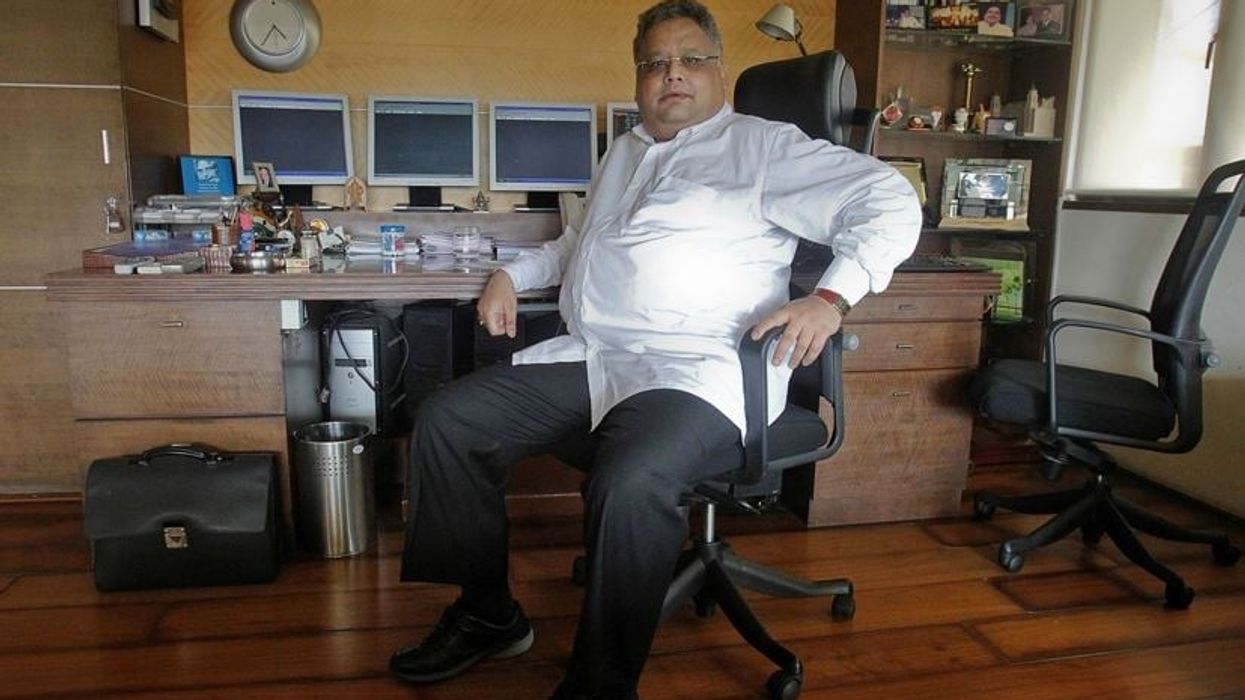BILLIONAIRE investor Rakesh Jhunjhunwala-backed Akasa Air has received initial clearance from India's civil aviation ministry.
The latest 'ultra-low-cost carrier' has said that it will start flying next year.
SNV Aviation, which will fly under the Akasa Air brand, said in a statement it has received a "no objection certificate" from the ministry and expects to begin flights across India in the summer of 2022.
Currently, India's aviation industry is reeling from the impact of the Covid-19 pandemic, with airlines losing billions of dollars.
However, experts say that the sector's long-term prospect makes the country a hot market for plane makers Boeing and Airbus.
Akasa Air CEO Vinay Dube said in the statement the airline will continue to work with the regulatory authorities on all additional compliances required to successfully launch the company.
The next step would be to get clearance from the directorate general of civil aviation (DGCA), the aviation watchdog.
Jhunjhunwala, known as 'India's Warren Buffett', teamed up with Aditya Ghosh, former CEO of IndiGo - the country's biggest carrier - and Dube to launch the carrier to tap into demand for domestic air travel.
Dube is former CEO of Jet Airways - once India's biggest private carrier before it stopped flying in April 2019. Jet was recently bailed out of bankruptcy.
Akasa is already moving towards what could be one of the biggest deals of the year outside the US to acquire purchased or leased Boeing 737 planes, Reuters reported in July.





